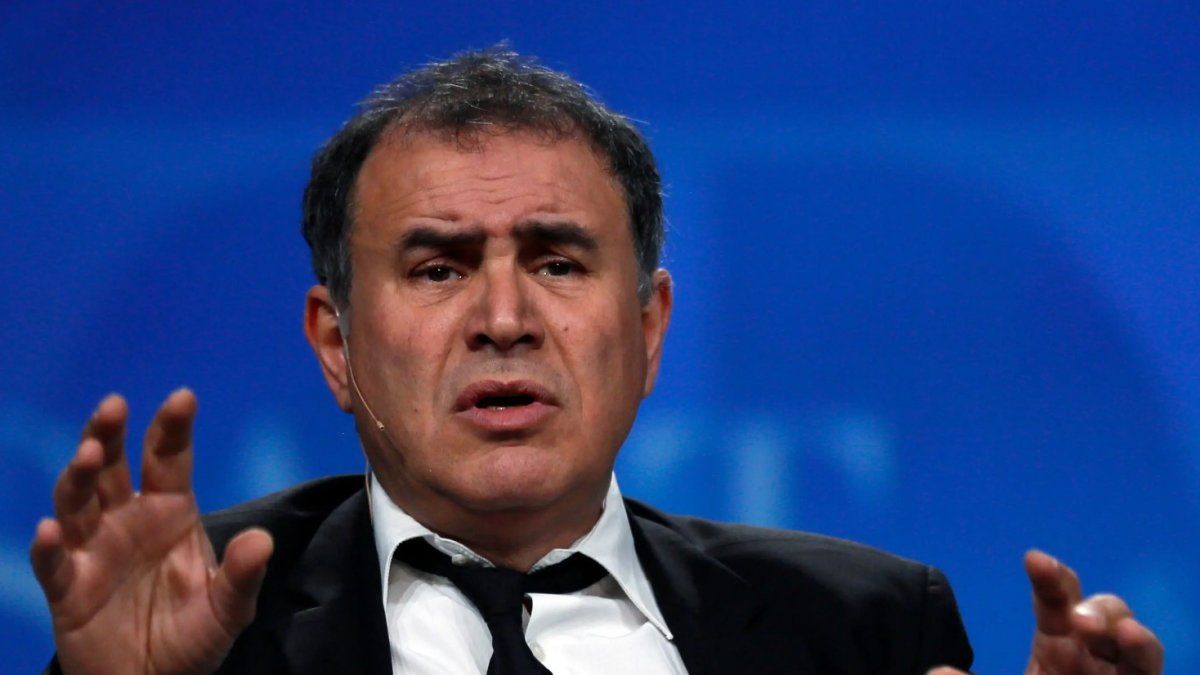Speculation on Wall Street and the big local markets is that the FED will finalize the delayed rise in interest rates by half a point at its meeting on May 3 and 4, after having threatened to do it last March but having decided to do it in a fourth point so as not to generate greater uncertainty and anguish in the face of the alteration that Russia’s invasion of Ukraine had caused. What is expected is that in the May meeting the rise of that fourth extra point will be materialized. And it may not be the last of the year either, as long as international conditions do not improve.
This signal, crossed with the data of the strategy of withdrawing financial assets in dollars in the hands of the FED at a rate of between US$95,000 and 100,000 million per month (increasing the tendency to withdraw funds from the North American market), further complicated the international financial exposure of emerging countrieswhere, as is known, Argentina militates and suffers twice as much as the rest.
The situation has been warned by the IMF itself, which last month had anticipated in a communication published on its website the sure change in the world financial scenario, given the possible general impact of interest rates in the United States. The body managed by Kristalina Georgieva urged the economies of emerging countries to prepare and contain the expansive monetary policy in the face of the tightening of the Fed’s monetary policy. In the publication, the Fund stated that the greater inflationary pressure in the US, the less expansive labor market than expected and the situation in Ukraine would inevitably provoke a more restrictive policy at the international level that must be taken into account by developing states.
“Emerging economies should prepare for possible episodes of economic turbulence”, pointed out the IMF, recalling the risks posed by faster-than-expected Fed measures, which were carried out to the letter and are conditioning local financial markets.
For the Fund, what is most urgent today is that emerging markets with stronger inflationary pressures or weaker institutions act quickly to allow their currencies to devalue and benchmark interest rates to rise; and urged the central bank presidents of these countries to “clearly and consistently communicate their plans to tighten policy, as countries with high levels of foreign currency debt should seek to hedge their exposures where feasible.”
Obviously Argentina is on the list of recommendations. And since these are already part of the IMF technicians’ manual for the start of 2022, it will be inevitable that in the discussions for the Extended Facilities negotiated between the country and the organization, the question of monetary prudence will be present. More so considering that it is one of the main claims that Washington makes to Argentine officials, who must comply with the guidelines set forth in the agreement with the IMF approved in Washington on March 25, 2022.
Source: Ambito
David William is a talented author who has made a name for himself in the world of writing. He is a professional author who writes on a wide range of topics, from general interest to opinion news. David is currently working as a writer at 24 hours worlds where he brings his unique perspective and in-depth research to his articles, making them both informative and engaging.




